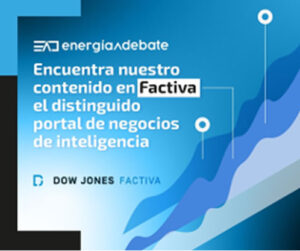By Andrew Winston, George Favaloro and Tim Healy
Large companies spend millions, or billions, of dollars directly on energy each year?and millions more indirectly, on supply chain, outsourcing, and logistics costs. Yet outside the most energy-intensive industries, the majority of firms approach energy as merely a cost to be managed. This is a strategic mistake that overlooks enormous opportunities to reduce risk, improve resilience, and create new value.
Today energy is climbing up the corporate agenda, due to sweeping environmental, social, and business trends, including climate change and global carbon regulation, increasing pressures on natural resources, rising expectations about corporate environmental performance, innovations in energy technologies and business models, and plummeting renewable energy prices. These megatrends change the context in which businesses operate and open companies up to new risks and new paths to value creation.
In Michael Porter?s classic view of strategy, firms create advantage either by keeping costs low or through differentiation. The choices a company makes about its energy sourcing and consumption can profoundly influence its cost structure. And how it manages the environmental and climate impacts of its energy use?principally carbon emissions?is an increasingly important differentiator for consumers, investors, and corporate customers.

 Transporte y Logística
Transporte y Logística Tecnología e Innovación
Tecnología e Innovación Sustentabilidad
Sustentabilidad Responsabilidad Social
Responsabilidad Social Crisis Climática
Crisis Climática Pobreza Energética
Pobreza Energética Revista
Revista

 Infografías
Infografías


















